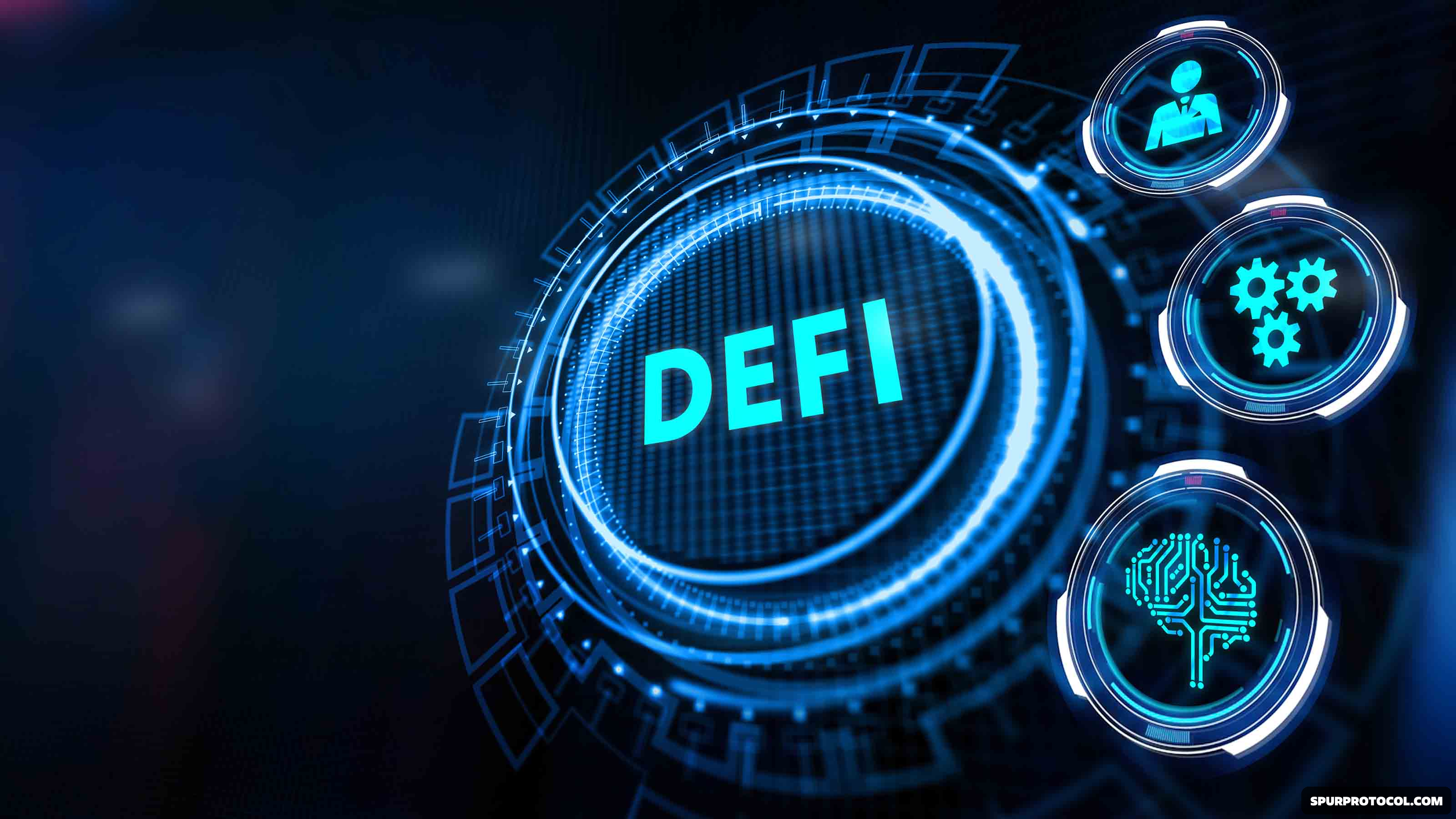What Are The Basic Concepts Of The Word DeFi?.
How does DeFi works in Ecosystem.
Go Back
🕒 6:58 PM
📅 May 16, 2025
✍️ By oluwafemighty
How does DeFi works in Ecosystem.
Go Back
🕒 6:58 PM
📅 May 16, 2025
✍️ By oluwafemighty
DeFi, or decentralized finance, refers to a growing ecosystem of peer-to-peer financial services built on blockchain technology, primarily on public blockchains like Ethereum. It offers alternative ways to engage in financial activities without relying on traditional financial institutions or intermediaries
Here is a more detailed explanation:
1. Decentralized:
DeFi applications (dApps) are not controlled by a single entity or institution. They operate through a network of users and smart contracts, which are self executing agreements stored on the blockchain.
2. Financial Services:
DeFi provides a range of financial services, including lending, borrowing, trading, investing, and insurance, all accessible through dApps.
3. Peer-to-peer:
DeFi facilitates direct transactions between individuals, bypassing the need for traditional banks or brokers.
4. Blockchain Technology:
DeFi relies on blockchain technology, particularly the use of smart contracts, to automate transactions and ensure transparency.
5. Digital Assets:
DeFi primarily uses digital assets, such as cryptocurrencies, as the underlying value in its transactions.
Some Key features of DeFi are:
1. Open Access:
DeFi is globally accessible and open to anyone with an internet connection and a digital wallet.
2. Pseudonymous:
DeFi transactions are often pseudonymous, meaning users can interact without revealing their real identities.
3. Transparency:
Transactions on the blockchain are publicly viewable, providing transparency and accountability.
4. Automation:
Smart contracts automate transactions, reducing the need for manual intervention.
5. Interoperability:
DeFi protocols can often interact with each other, allowing users to access a wider range of services.
Examples of DeFi applications are:
1. Lending and borrowing:
DeFi platforms allow users to lend and borrow cryptocurrencies, often earning interest or paying fees.
2. Trading:
DeFi exchanges offer decentralized trading platforms for cryptocurrencies and other digital assets.
3. Yield farming:
Users can provide liquidity to DeFi protocols and earn rewards in the form of tokens or other assets.
4. Prediction markets:
DeFi platforms enable users to make predictions on future events and bet on outcomes.
While DeFi offers potential benefits like increased accessibility and efficiency, it's important to be aware of the risks involved, such as the volatility of cryptocurrencies, smart contract vulnerabilities, and potential security breaches.
I hope you learn something new
Good luck 🫶